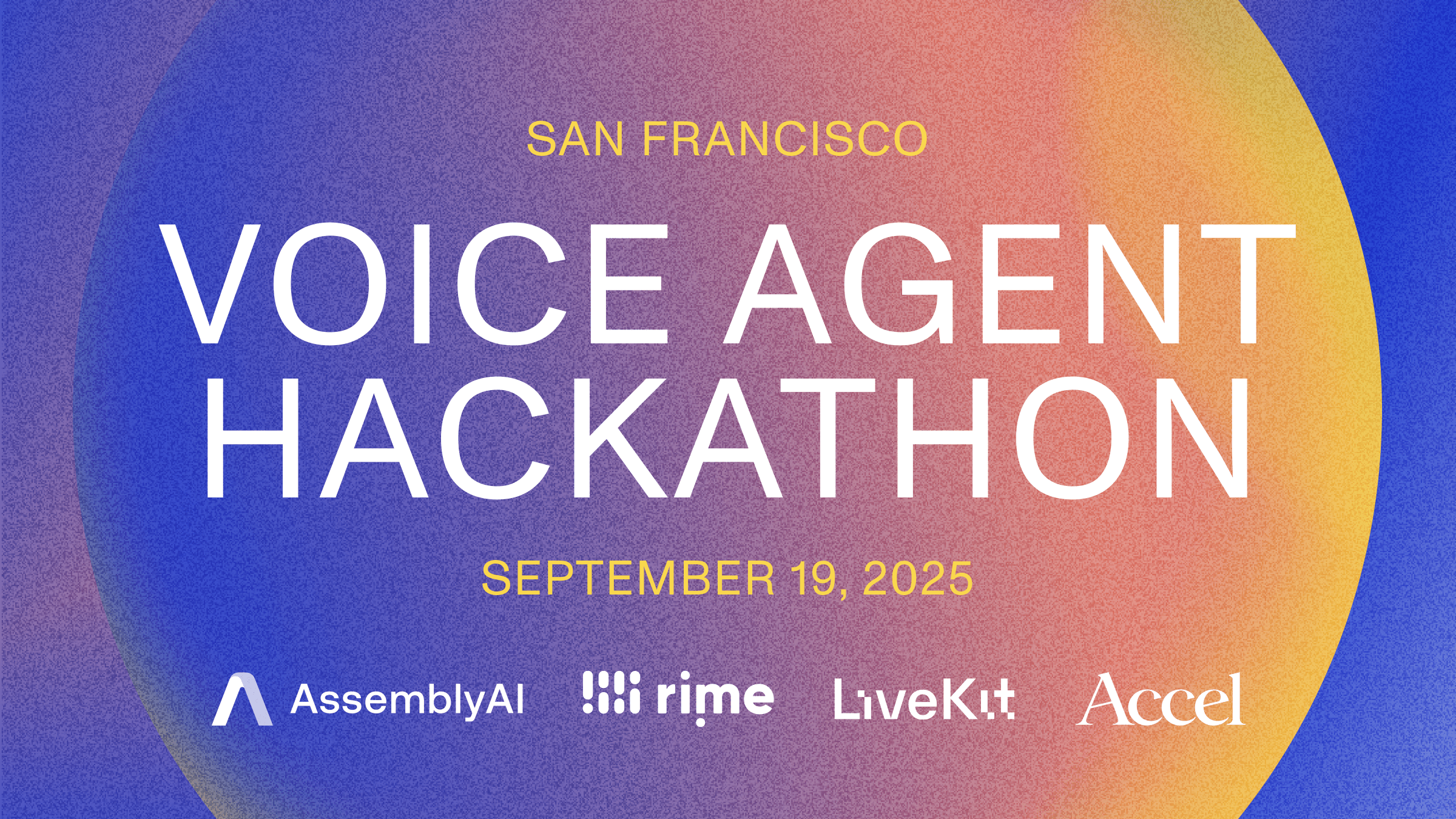Announcing the AssemblyAI integration for LlamaIndex.TS
Transcribe audio files in your LlamaIndex.TS applications using the new AssemblyAI speech-to-text integration.



LlamaIndex is a flexible data framework for connecting custom data sources to Large Language Models (LLMs).
With LlamaIndex, you can easily store and index your data, and then use them with LLMs to build applications.
However, LLMs only work with textual data, so you need to transcribe the audio files to text first.
Note
AssemblyAI also has an integration for LlamaIndex Python through LlamaHub. Learn how to use audio data in LlamaIndex with Python in this tutorial.
The AssemblyAI integration is built into the llamaindex package, so you can start using AssemblyAI's speech-to-text immediately without any extra dependencies.
Here's a sample LlamaIndex.TS application that can answer questions about an audio file.
The AudioTranscriptReader uses AssemblyAI to transcribe the audio file, then the queryEngine uses OpenAI to generate the response to the question.
import { VectorStoreIndex, AudioTranscriptReader } from "llamaindex"; async function main() { const reader = new AudioTranscriptReader(); // Transcribe audio and store transcript in documents const docs = await reader.loadData({ // You can also use a local path to an audio file, like ./sports_injuries.mp3 audio: "https://storage.googleapis.com/aai-docs-samples/sports_injuries.mp3", language_code: "en_us", }); // Split text and create embeddings. Store them in a VectorStoreIndex const index = await VectorStoreIndex.fromDocuments(docs); // Query the index const queryEngine = index.asQueryEngine(); const response = await queryEngine.query("What is a runner's knee?"); // Output response console.log(response.toString()); } main();
The output of the application looks like this:
Runner's knee is a condition characterized by pain behind or around the kneecap. It is caused by overuse muscle imbalance and inadequate stretching. Symptoms include pain under or around the kneecap, pain when walking.
Info
Check out our LlamaIndex.TS integration docs to learn how to use the additional readers provided by AssemblyAI.
Next steps
If you want to learn how to build the application above, check out this step-by-step tutorial on how to build a LlamaIndex.TS Q&A application for audio files.
AssemblyAI also has its own pre-built solution called LeMUR (Leveraging Large Language Models to Understand Recognized Speech). With LeMUR you can use an LLM to perform tasks over large amounts of long audio files. You can learn more about using the LeMUR API in the docs.
Try LeMUR now
You can learn more about LeMUR or try it out in our Playground using the link below
Lorem ipsum dolor sit amet, consectetur adipiscing elit, sed do eiusmod tempor incididunt ut labore et dolore magna aliqua. Ut enim ad minim veniam, quis nostrud exercitation ullamco laboris nisi ut aliquip ex ea commodo consequat. Duis aute irure dolor in reprehenderit in voluptate velit esse cillum dolore eu fugiat nulla pariatur.


